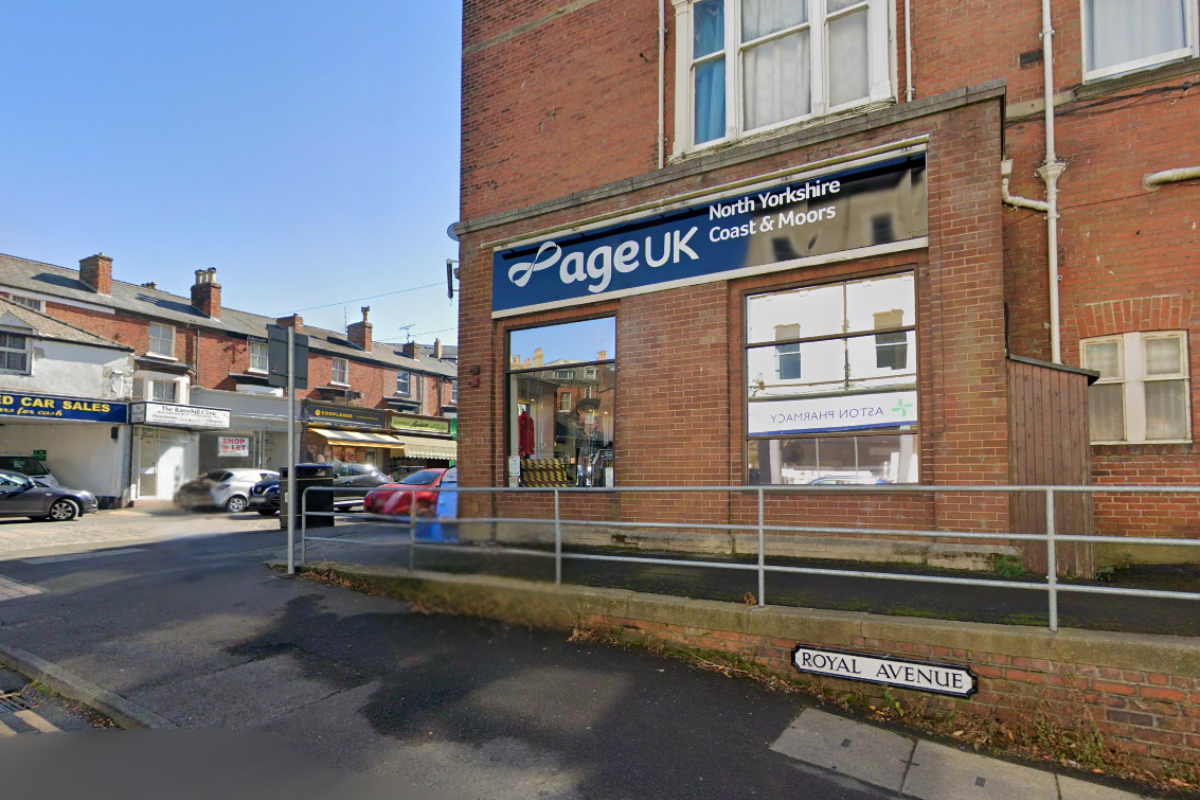
The newly established Armed Forces Community & Veterans Hub in Scarborough is poised to hold its meeting for members this Thursday, to gather direct input on the services they wish to receive.
The new Hub is a joint initiative hosted by Age UK North Yorkshire Coast & Moors and sponsored by the Veterans’ Foundation. Located at 2b Royal Avenue, Scarborough, it stands as the only dedicated site in the region providing a comprehensive "one-stop-shop" for the armed forces community.
Dr Lori Boul, the Veterans Hub Lead says the Hub's mission extends beyond just veterans; it serves the broader armed forces community.
"We're looking to recruit members, provide them with whatever services they really want.
It's not just for veterans, it's the Armed Forces Community and Veterans Hub.
The Armed Forces community is serving personnel regular or reservists ex personnel, regular or reservist families, military families, and ex military families. That's partners and children and the bereaved. And it's of any age. So anybody who's involved in the military in any way or has been involved.
We've got our first social event where we are getting our members together to tell us what services they want basically.
So before we put anything else into place, we want to know what they want."
This direct-engagement approach aims to tailor the Hub's offerings to the genuine needs of the armed forces community.
Dr Boul highlighted their excitement
"to be able to offer our services to the thousands of serving and former members of the UK Armed Forces and their families and to the increasing number of Ukrainian veterans and families living in the region".
Operating across the Scarborough, Whitby, Filey, and Ryedale areas, the Hub collaborates with various groups and organisations in North Yorkshire to ensure comprehensive support.
Dr Boul explained the unique challenges faced by the armed forces community when transitioning to civilian life. While they may experience common problems like debt, housing issues, loneliness, or health concerns, similar to civilians, they often approach these issues differently.
"The Armed Forces community, they have the same problems as civilians.
They may have debt or housing problems or just be lonely, or they may have health problems or the same problems as civilians, but they approach them very differently.
So they need someone sometimes to translate what's going on. 'Cause as with the NHS, there must be a like 10 different silos and you get passed from pillar to post. So it's a case of knowing, okay, have you tried OP Courage or Op Restore, which are veteran specific services. And there are veteran specific services where they can get grants and loans but a lot of them don't know about it.
So it's just providing that sort of information and signposting "
Dr Boul says one significant barrier that forces personnel face when transitioning to civilian life is the fragmented nature of civilian support services, contrasting sharply with the military's "one-stop-shop" welfare system, another significant hurdle is the stereotype associated with military personnel.
"When you're in the armed forces, you've got one point of contact, a one stop shop, you go to your welfare office and whatever the problem is, they sort it out, they come into civilian life and you go to the GP who sends you to the hospital, who send you to somebody else, , and so it goes on.
That's one problem. . Another barrier is. Stereotypes. So you've got a situation where once somebody knows that they're from the armed forces, they automatically assume that they're either mad, bad of sad, which they're not.
The example I give is if someone comes in and they're not in a very good mood, they think, oh, they're not having a very good day. If they know they're a veteran, they'll probably automatically think, oh, have they got PTSD?
No, they're just having a bad day. I. The way they communicate sometimes appears aggressive, , and it isn't it, they're not terribly politically correct a lot of the time, which doesn't go down well in a lot of places. So the barrier is all about the civilians understanding.
The identity crisis that they suffer when they come out. They've had this military identity and they've gotta adapt. I spoke to one guy, didn't realize he had to pay water bills when he came in because in the military it's all taken care of. So for the actual veterans themselves or for the military personalities, giving them an understanding of what civilian life is like."
Dr Boul says that while many of the 50 new members who have already signed up for the hub are from older generations, the hub team are keen for younger armed forces personnel to also join up.
"at the moment, a lot of our members are past retirement age which is absolutely wonderful.
But I would love to. Look at the younger population, the ones that have not been outta the forces for very long. So the ones that have just come out it it's that crisis of identity when they come out how they deal with that. One guy said to me, he says when I was in the forces, I walked down the street and everybody looked at me.
He says, now I walked down the street and I'm invisible. And it's a big change. It's a massive change. , You've got an awful lot of them that might be unemployed or homeless and they've been out 2, 3, 4, 5 years. And if you can get them early, when they come first come out, and put them on the right track, then that's not gonna happen."
The Hub will offer a range of services including:
- Information & Support: Providing information, signposting, and navigation to both Armed Forces and Civilian services.
- Social Activities & Friendship: Delivering social events, outings, and a Buddying service for isolated veterans.
- Training Services: Offering free talks and fee-paying training for other community groups, charities, and organisations to enhance their support for the armed forces community.
Members will also receive a newsletter, networking opportunities, exclusive event invitations, and advocacy support. The Hub is also actively recruiting volunteer Veterans Ambassadors, such as Paul and Maggie Ratcliffe, both ex-forces, who will play a vital role in supporting the community. Paul Ratcliffe, an ex-Staff Sergeant who served in the Army for 21 years, and Maggie Ratcliffe, an ex-military wife and long-standing Citizens Advice advisor, bring significant experience to their ambassador roles.
Dr Lori Boul, herself an experienced psychologist, psychotherapist, educator, and trainer, has worked extensively with major companies and public sector organisations across the UK, Europe, and America. As an ex-military wife, she has dedicated the past decade to working with organisations supporting the Armed Forces Community, including the Royal British Legion Industries and the Armed Forces Covenant Fund Trust, bringing her knowledge and expertise to the new Veterans Hub.
The Hub's steering committee is chaired by Counsellor Kevin Foster, the Armed Forces Champion for North Yorkshire.
The Hub is operational on Mondays, Tuesdays, and Thursdays from 10:00 to 16:00. Those interested in becoming members or seeking more information can contact Dr Lori Boul via email at lori.boul@ageuknycm.org.uk or by phone at 01723 335945.

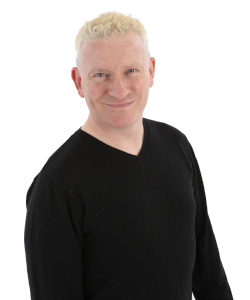


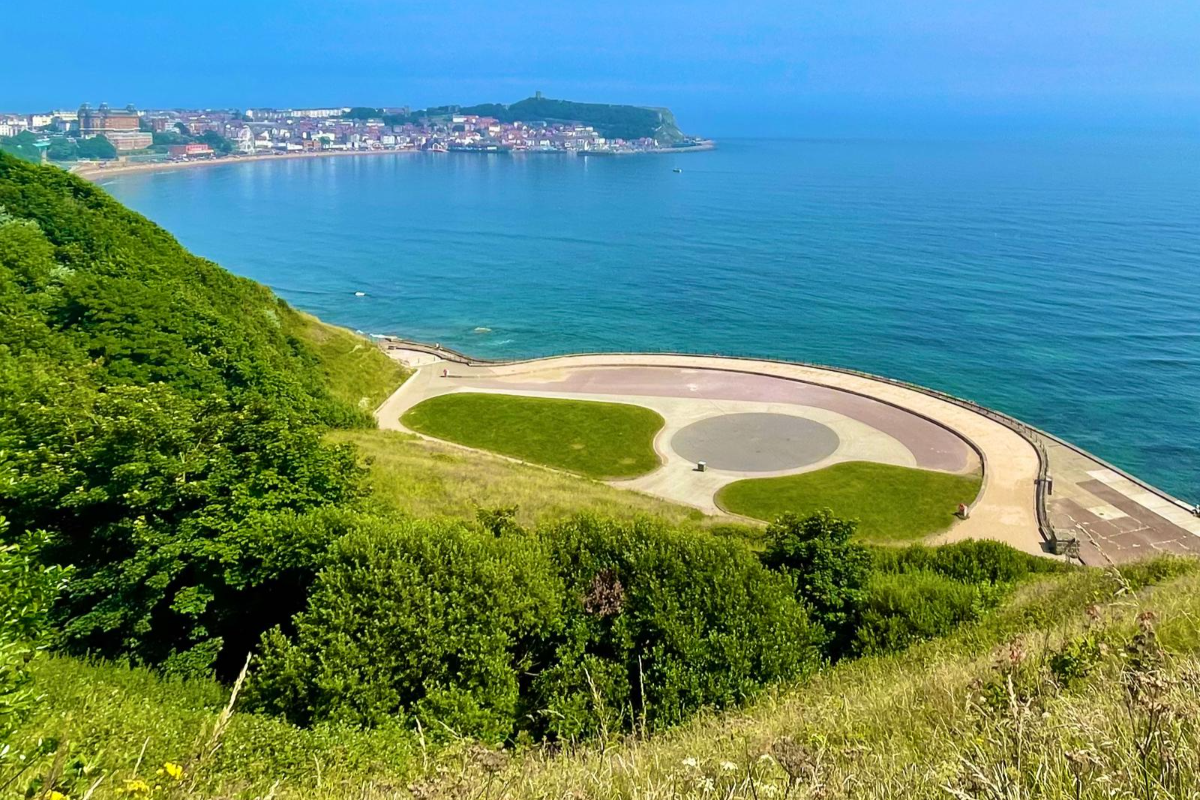 Scarborough Set to Host Summer Solstice Yoga Event for Charity
Scarborough Set to Host Summer Solstice Yoga Event for Charity
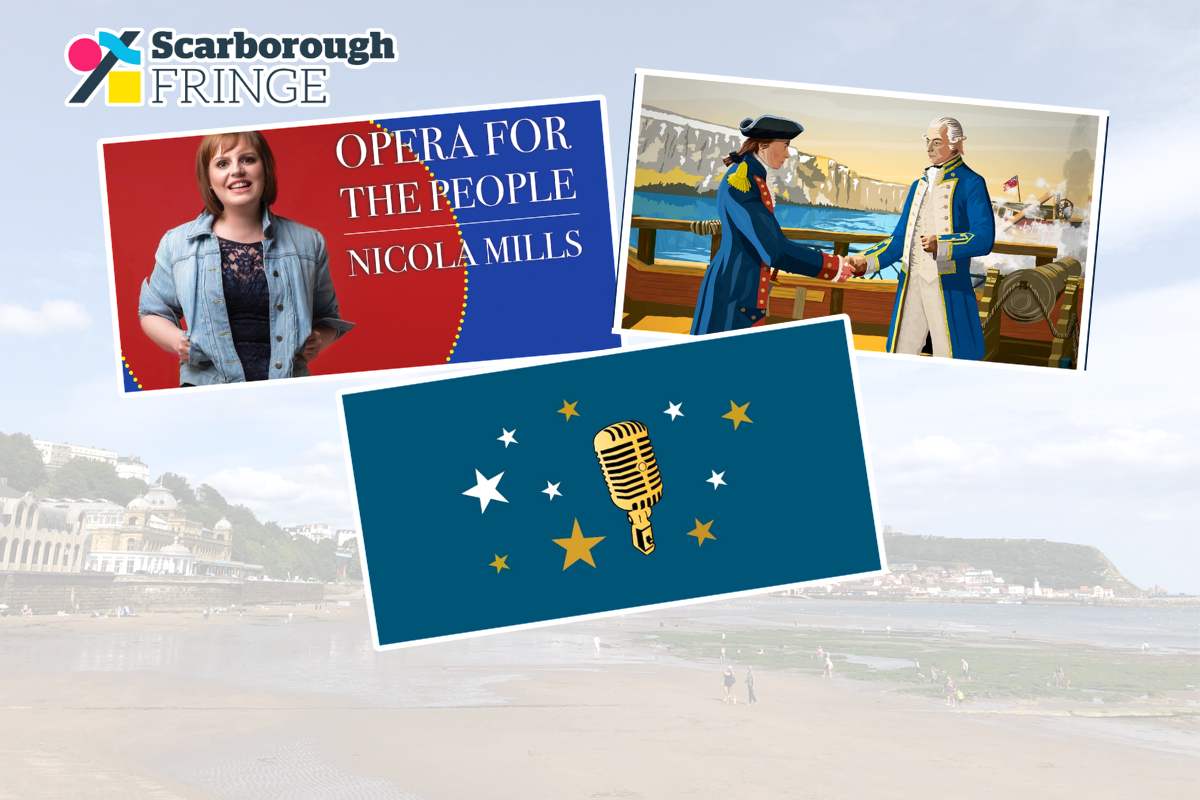 Scarborough Fringe Festival Enters Final Weekend with Diverse Performances
Scarborough Fringe Festival Enters Final Weekend with Diverse Performances
 Yorkshire Coast Heat Stoke Warning
Yorkshire Coast Heat Stoke Warning
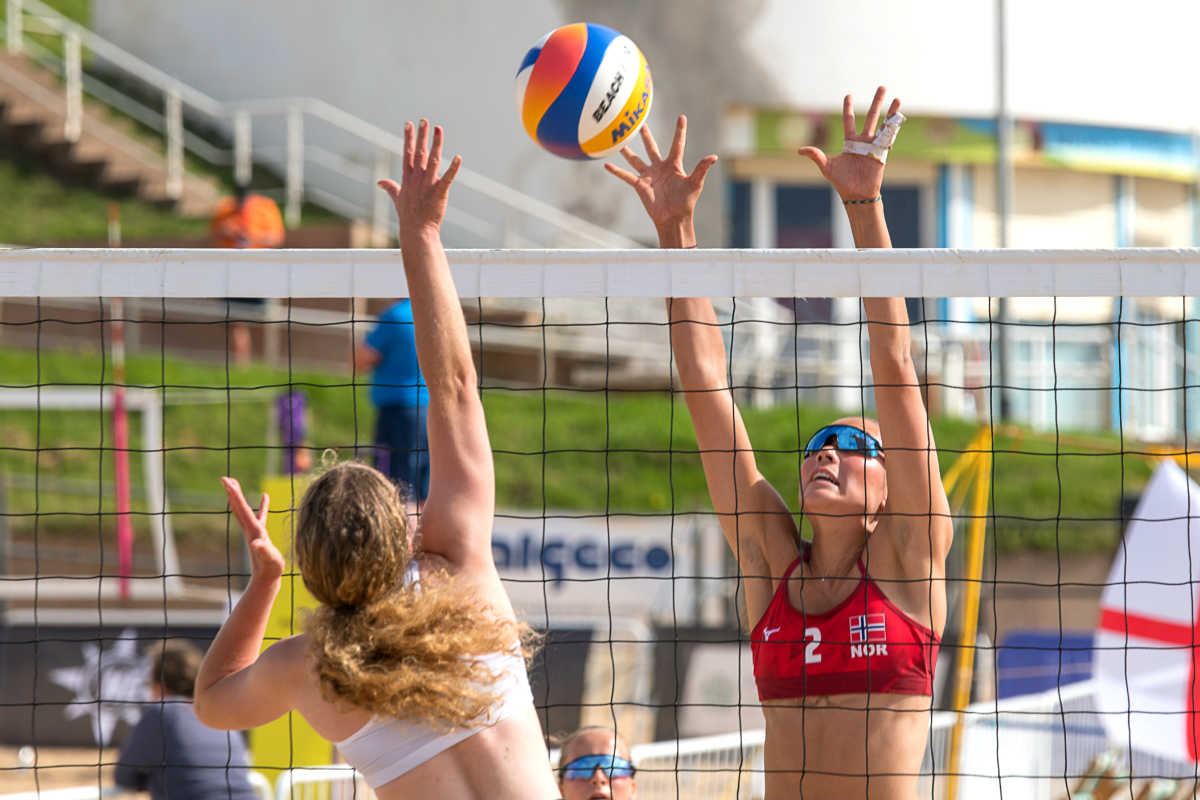 International Teams Confirmed for Bridlington Beach Volleyball Tournaments
International Teams Confirmed for Bridlington Beach Volleyball Tournaments
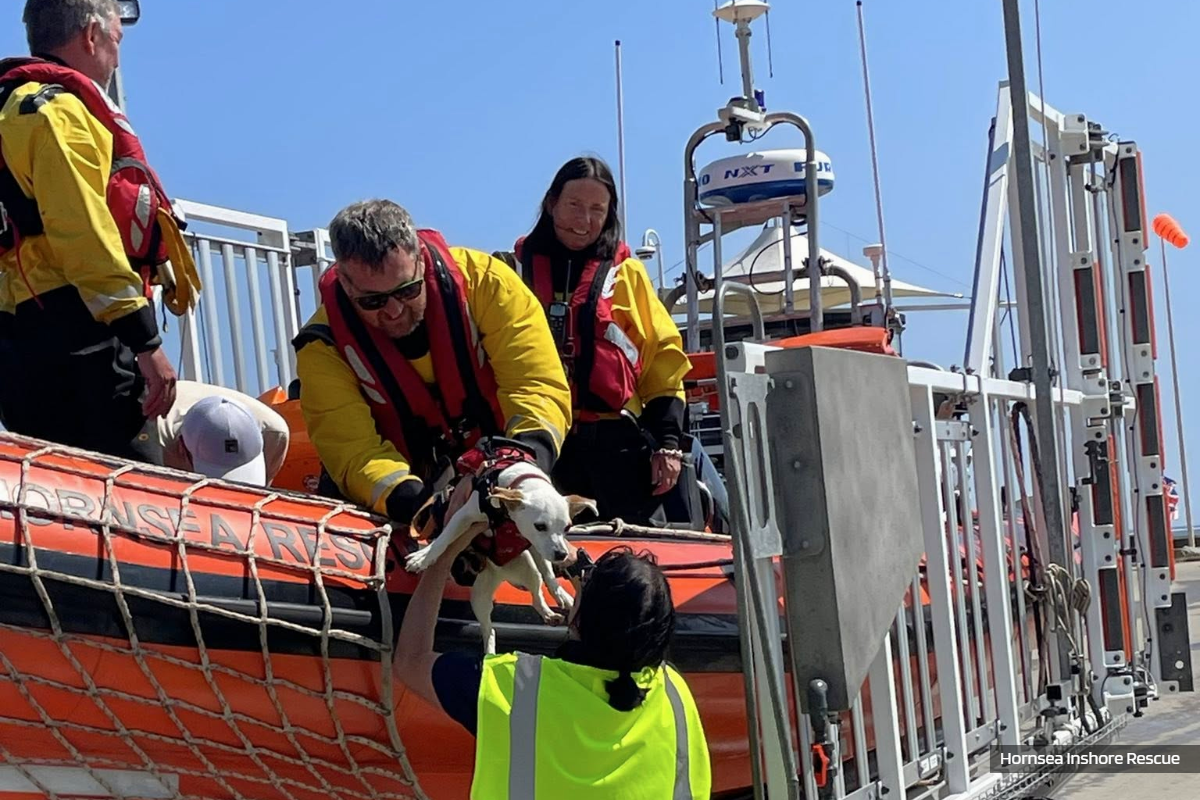 Hornsea Inshore Lifeboat Rescues Walkers and Dogs Stranded by Tide
Hornsea Inshore Lifeboat Rescues Walkers and Dogs Stranded by Tide
 Scarborough Class A Drug-Dealer Jailed for 11 Years
Scarborough Class A Drug-Dealer Jailed for 11 Years
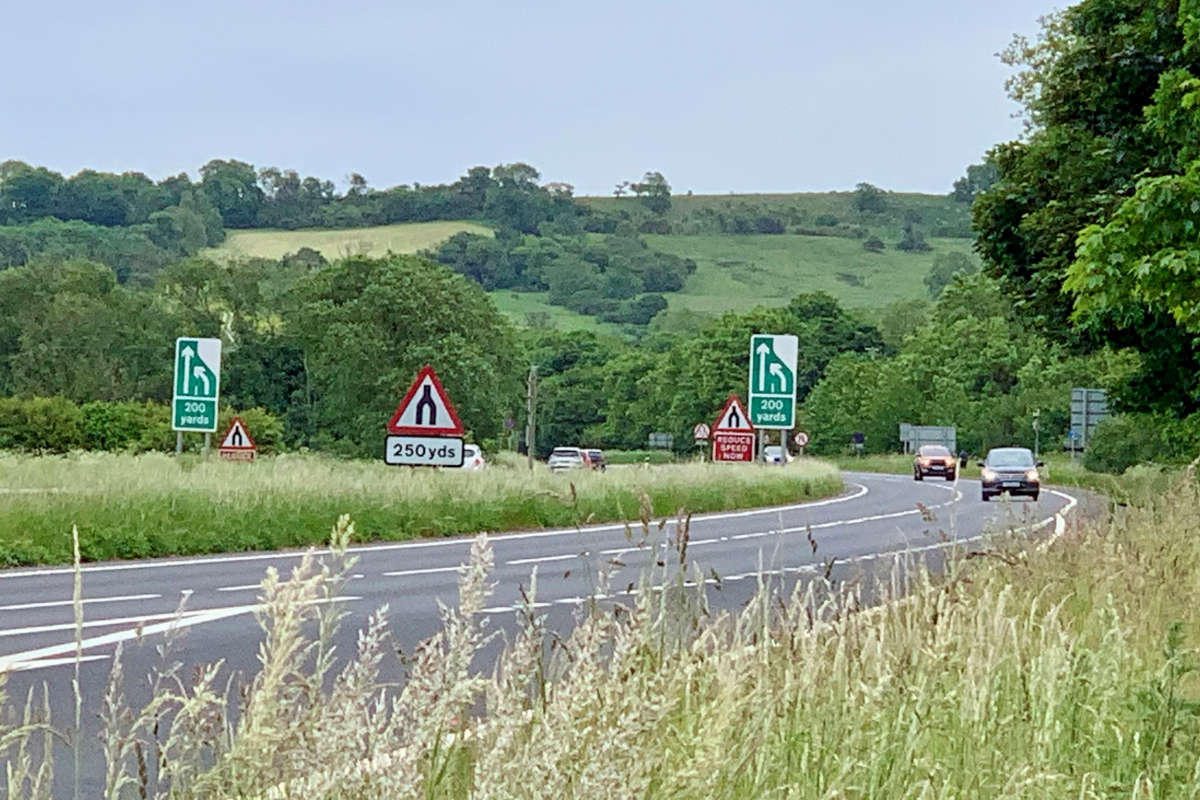 A64 Malton Bypass Ropen After Collision
A64 Malton Bypass Ropen After Collision
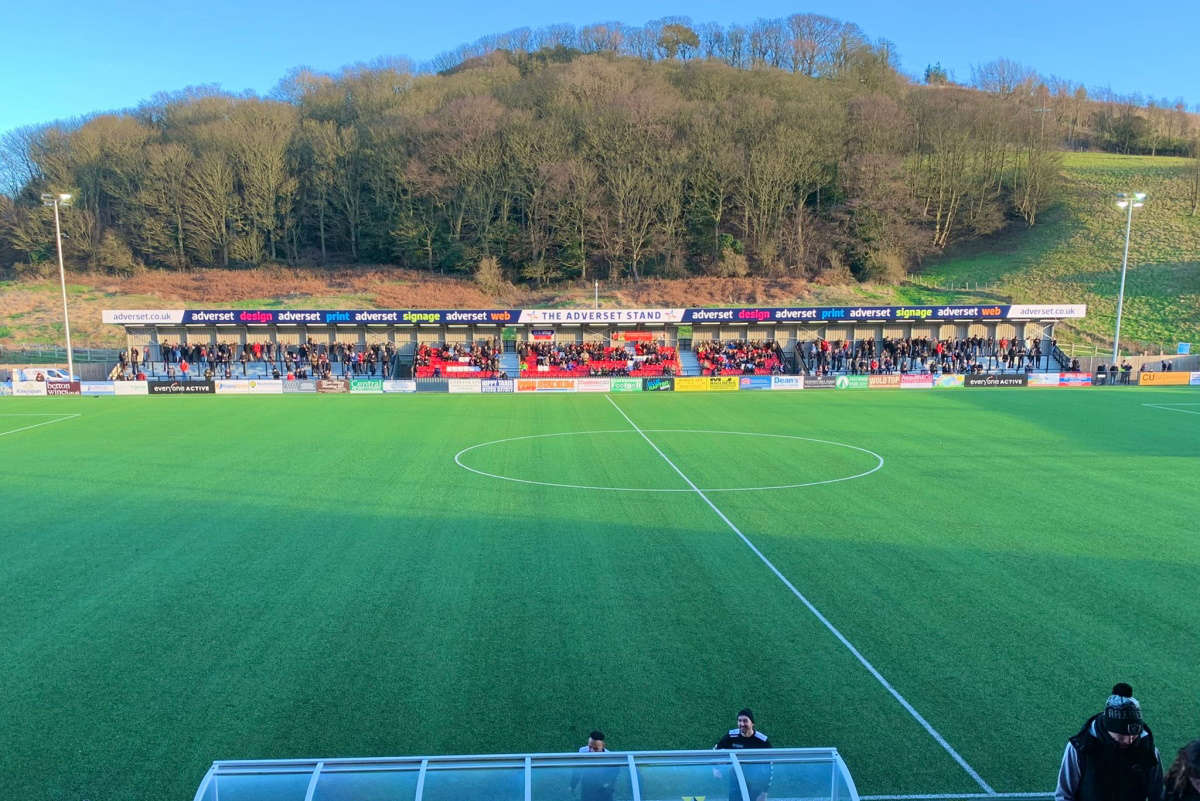 Scarborough Councillors Welcome Football Pitch Repair Backstop
Scarborough Councillors Welcome Football Pitch Repair Backstop
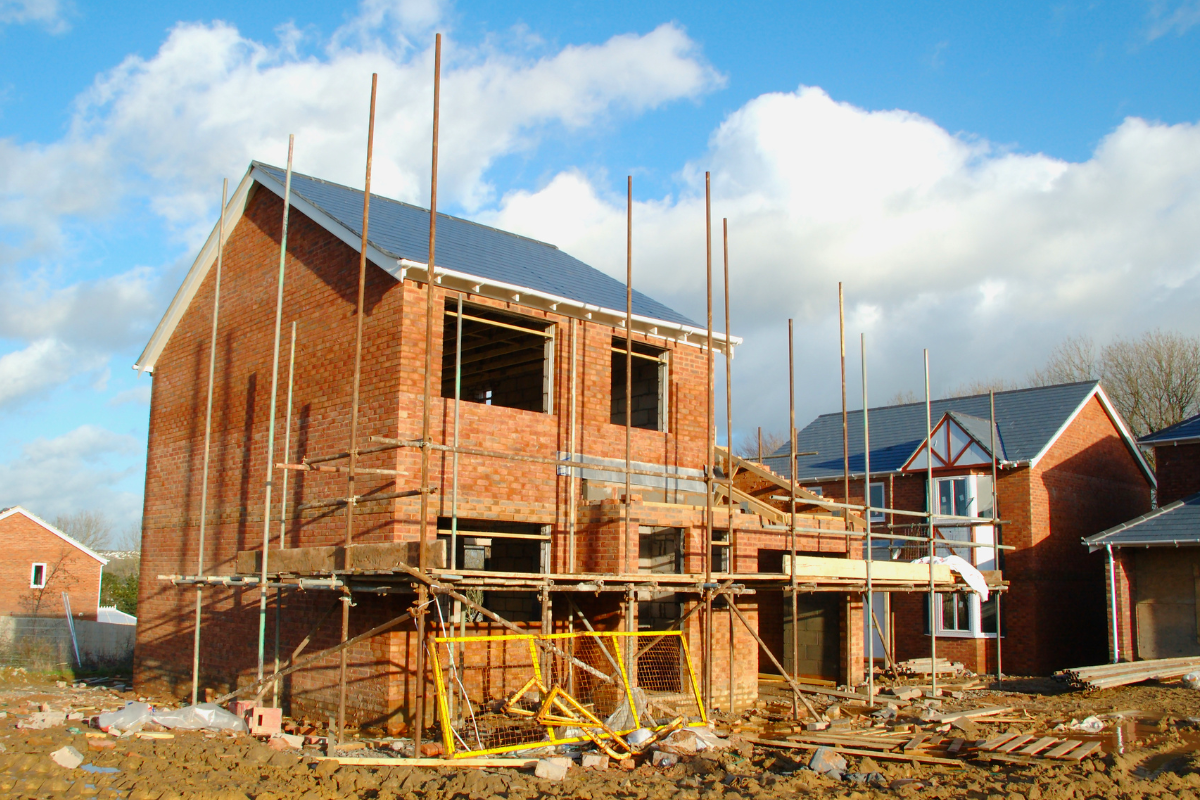 North Yorkshire Council Advances Major Housing Joint Venture for Yorkshire Coast
North Yorkshire Council Advances Major Housing Joint Venture for Yorkshire Coast
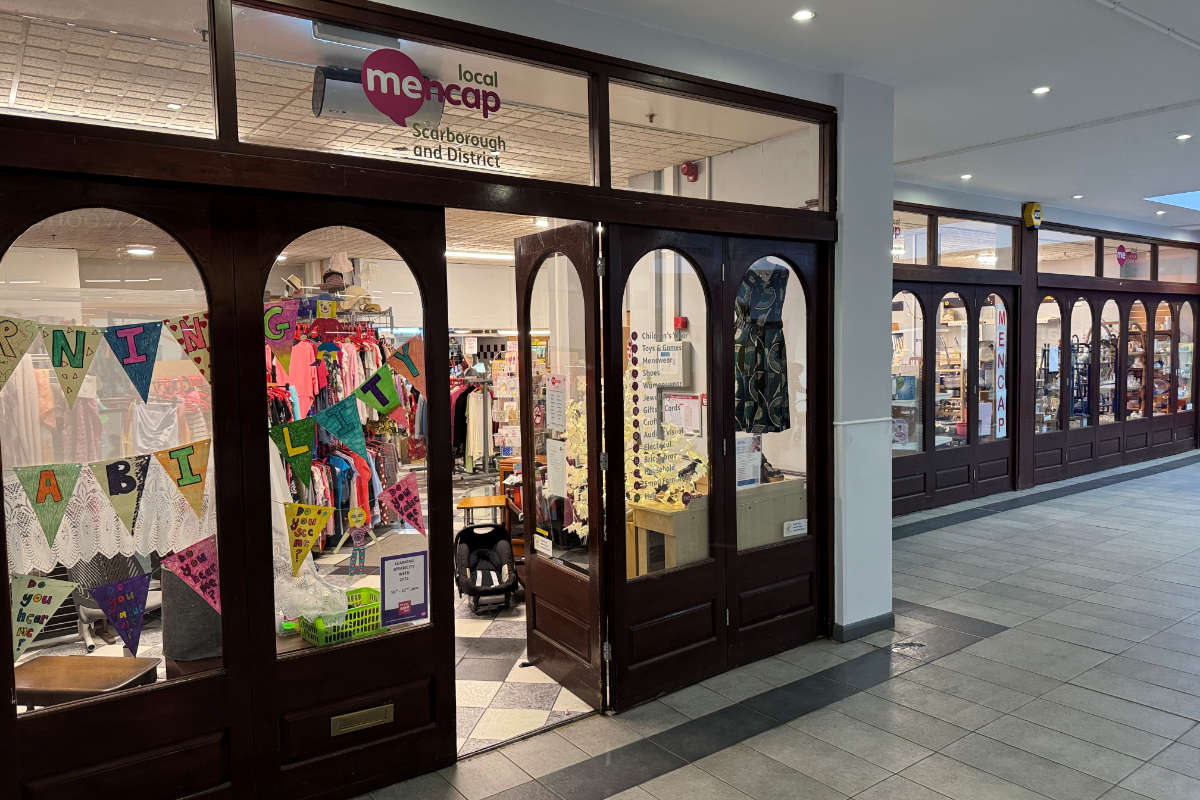 MENCAP Craft Fair On Today To Raise Money For New Scarborough Centre
MENCAP Craft Fair On Today To Raise Money For New Scarborough Centre
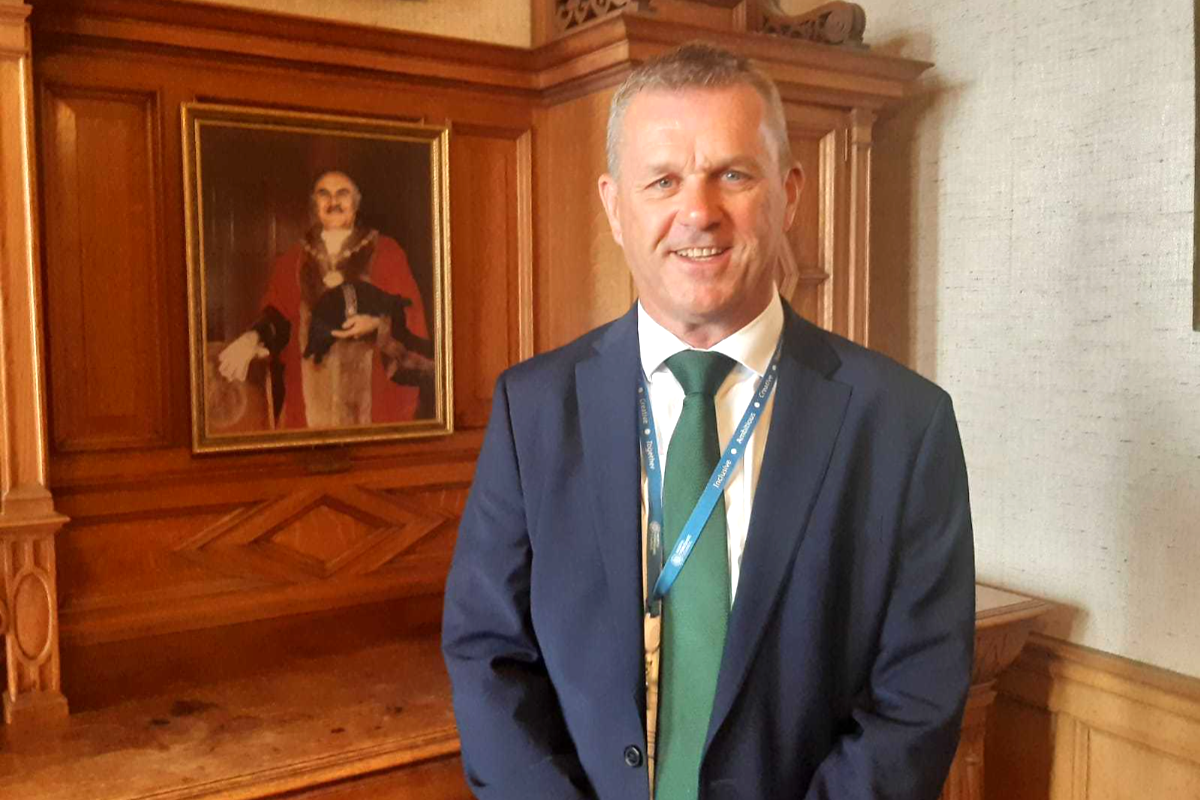 Council’s New Transport Head on Plans for Yorkshire Coast and Potholes
Council’s New Transport Head on Plans for Yorkshire Coast and Potholes
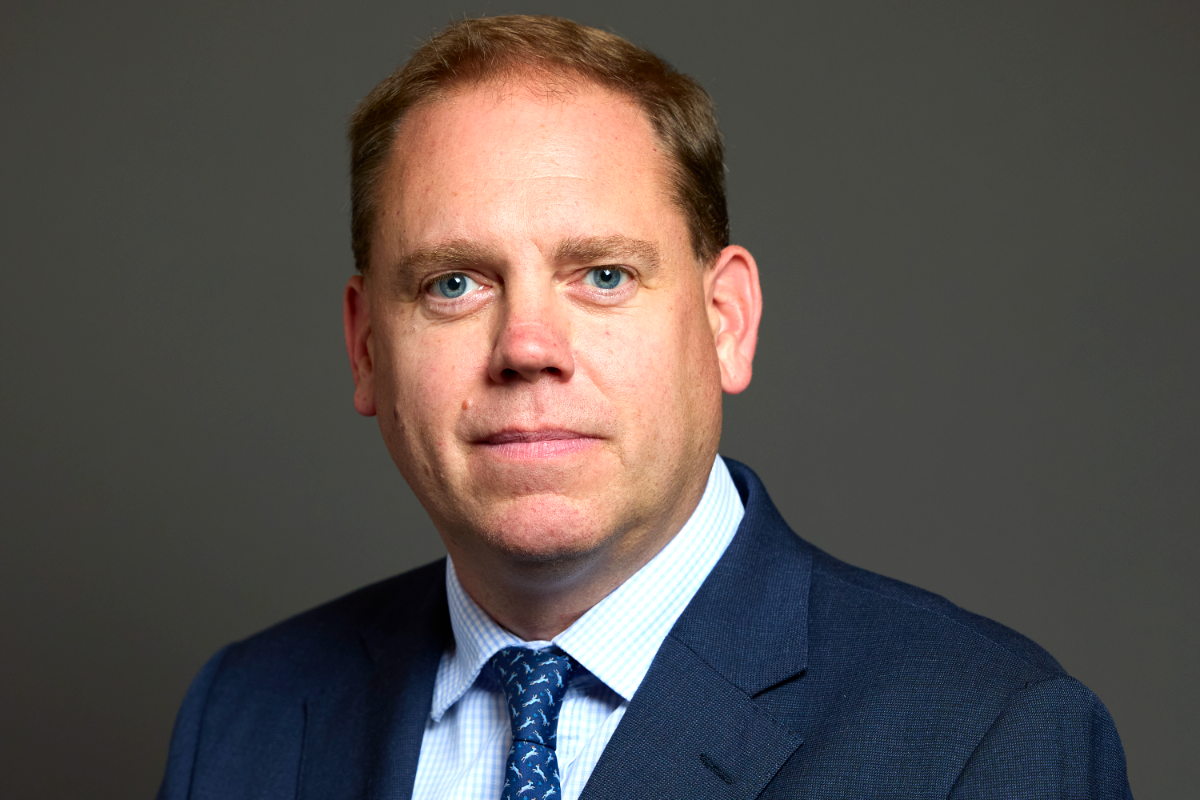 Bridlington MP Seeks Urgent Clarification on New Specialist SEND School
Bridlington MP Seeks Urgent Clarification on New Specialist SEND School









Comments
Add a comment